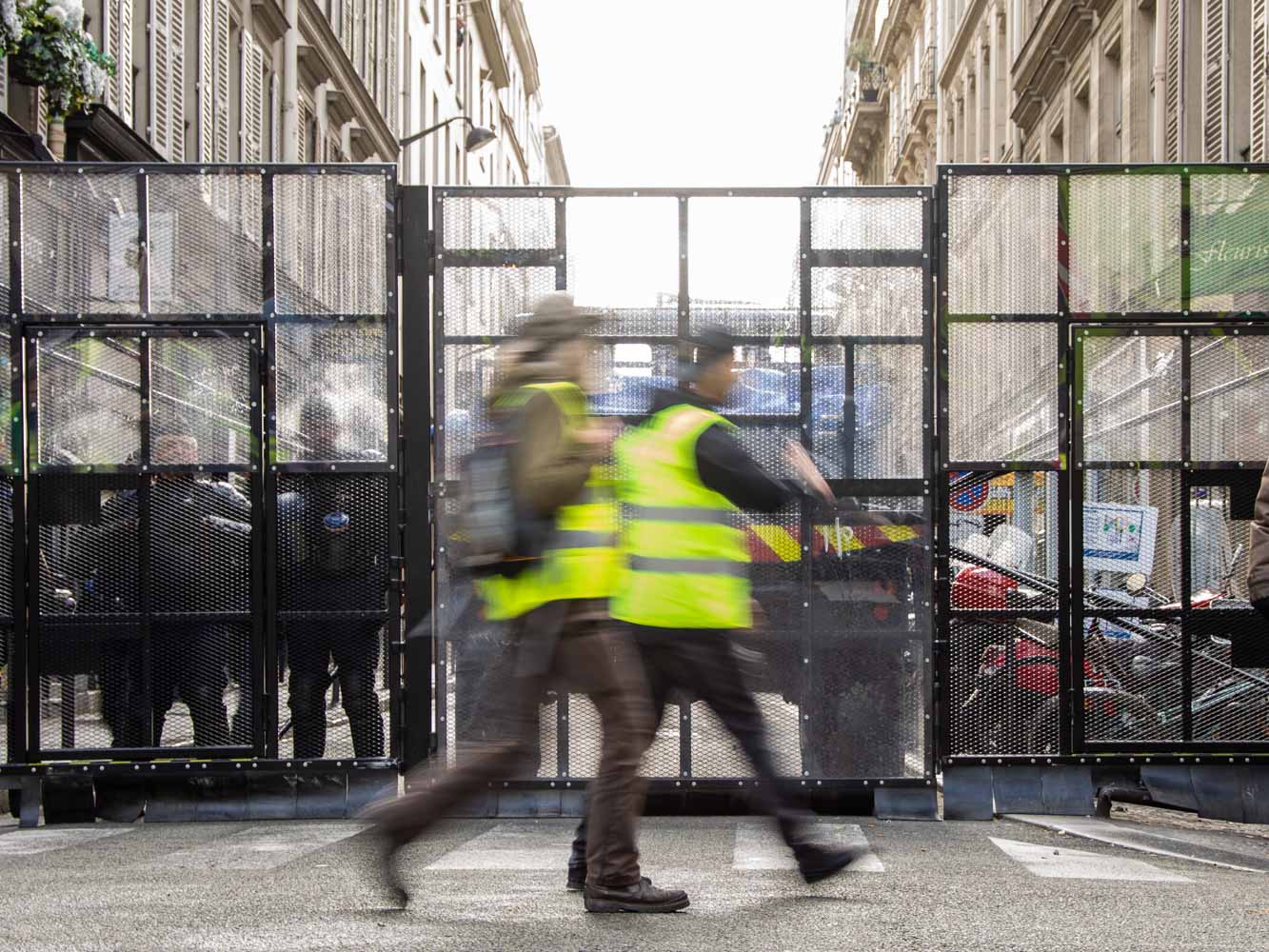On the fringes of the May Day demonstrations in France, 540 people were arrested and 406 police and military officers were injured. On that same day, the UN Human Rights Council was considering France’s human rights record.
Among the many criticisms voiced, some delegations, such as Sweden, Norway, and Denmark, expressed concern about police violence. Why does pension reform that seems so necessary for economic and demographic reasons, almost trigger a civil war? In this context, it is worth remembering the big Yellow Vests movement, which seemed unstoppable before the Covid crisis hit. The movement had no clear demands and was primarily an expression of social malaise and a deep crisis of confidence in the government and the media.
The reforms proposed today are perceived of as social regressions. Are these protests not the consequence of a lack of social creativity? Although purely rational thinking justifies restrictions, the times seem to demand something else: creative thinking for a fundamental redesign of the social contract based on trust.
Despite attempts to renew democratic processes, the exercise of power in France continues to be marked by the dominance of a centralized executive that some, such as the Green Party politician Yannick Jadot, unapologetically describe as “authoritarian.” At the social level, truly innovative ideas—such as the basic income advocated by several political movements—don’t seem to be on the agenda.
Perhaps France today is a good example of how the universal ideals of the 18th century can reach their limit if they aren’t accompanied by imaginative thinking capable of innovations that can be perceived as social progress and inspire confidence.
Translation Eliza Rozeboom
Image Taken during a Yellow Vests protests in France in 2018. Photo: Koshu Kunii





